The dental driller is an essential component of any dental clinic, as it is utilized to shape and sculpt the hard tissue in the teeth. Its stainless steel design vibrates at a tremendous rate, allowing for accurate detailing when prepping for dental restorations. Plus, with its array of sizes and configurations, it easily fits into any clinical setup.
For a dental restoration to be applied to a tooth, the tooth must first be prepped with a dental driller. This specialized tool cuts into the hardened tissue of the tooth to make a cavity, a gap which will allow for the restoration to fit snugly and securely. Not only that, but the driller can also be used to shape the restoration itself, crafted from either gold, porcelain or composite materials. In this way, it provides an essential part of every restorative dental procedure.
The significance of using the right speed and pressure when operating the dental driller cannot be overstated. If the speed is too forceful, it could have a detrimental effect on the tooth or the installed restoration. Securing a precise fit for the restoration necessitates that this machine be regularly kept well-maintained and adequately sharpened; a dull bit can both damage the tooth and produce an inaccurate fit of the restoration.
When it comes to dental drillers, two power sources are commonly used: compressed air and electricity. Compressed-air models are a popular choice in many dental offices due to their affordability, while electric drillers are more powerful and capable of drilling harder surfaces, though they come with the added cost and demand for regular maintenance.
Prior to making a start on any procedure, it is critical for the dental practitioner to guarantee the dental driller is set correct and that the bit is of good quality. Furthermore, the dentist must be sure to don protective gear, like eyewear, when operating the drill.
A robust and necessary tool that is present in every dental office, the dental driller works to prepare the tooth for a restoration and shape it as well. A dentist must check that their driller functions optimally, along with wearing protective equipment when operating the instrument. When treated in a befitting manner, the dental driller can furnish a pleasant and fruitful dental experience for their patients.
Professionals of the dental industry utilize powered drilling instruments, known as dental drills, for reshaping teeth and other hard materials. The umbrella term “dental driller” refers to a number of specialists – dentists, dental hygienists, endodontists, and orthodontists – who each carry out treatments of varying complexities. The drill employed for specific jobs differs depending on the professional and procedure at hand.
Moving with a speed that’s governed by the user, a dental drill whirs and slices its way through teeth and other solid materials. Taking on a host of shapes and sizes, this powered device often consists of stainless steel, tungsten carbide, or diamond-coated burs that effectively shape and reform hard surfaces. Driven by electricity, air, or gas, it is an indispensible tool used by dentists for precise maneuvers.
The dental drill takes many roles in creating healthy and beautiful smiles. Dentists employ these tools to clear away decaying material, alter existing tooth structure, and prepare teeth for fillings. As with endodontists, they use drills to gain access to the root canals and hone in on a precise area. Orthodontists drill to craft brackets and braces, or adjust the size and shape of teeth for cosmetic reasons. Finally, dental hygienists take up drills to clean teeth, remove plaque deposits, and buff surfaces to a glossy sheen.
Operating a dental drill requires finesse and an excellent eye for detail. It is up to the operator to know when to modulate the drill’s speed and pressure, as to not damage the patient’s teeth and surrounding structures. Furthermore, it is important to pick the correct drill bit for the task and fine-tune all the adjustable settings to ensure everything runs smoothly.
To guarantee the best security while applying a dental drill, there are several steps one must follow. Protective eye and lung barriers should be worn at all times in the form of safety glasses and a mask. Additionally, it is crucial to don gloves and a lab coat to shield the skin from any potential contact. It is also critical to be attentive of the patient’s diagnosis and any hypersensitivities they could have towards particular elements.
Maintaining the dental drill should be done with extreme caution as it is important to keep the drill in pristine condition. Inspecting for signs of damage on a regular basis can help to prevent any hazardous situations, such as getting shocked or having dirt and dust scattered about. Further, any worn out parts need to be changed away swiftly in order to guarantee an optimal performance.
To sum up, dental drillers are a vital part of the oral care process that serves to keep smiles healthy. Every treatment accomplished by these medical professionals requires a great degree of ability and accuracy; thus, their usage of powered drilling instruments must be met with utmost caution. Any dental drill should be constantly monitored for signs of deterioration or wear and tear before each procedure is conducted. In total, these healthcare practitioners ensure that all patients receive optimal prevention and treatment for their dental needs.
Related Product
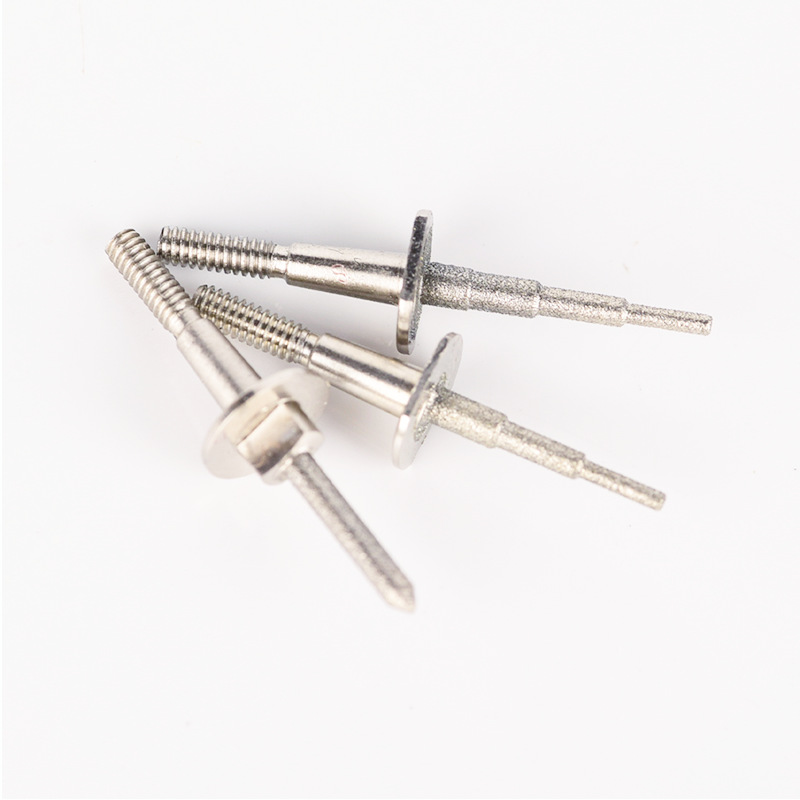
Step Bur Milling Bur Grinder for Glass Cerami
Product Information Origin Tianjing, China Shank Diameter 1.8 (mm) Brand MSK Scope Of Application CEREC3 Grinding Equipment Material Stainless Steel/Carbide Main Sales Areas […]
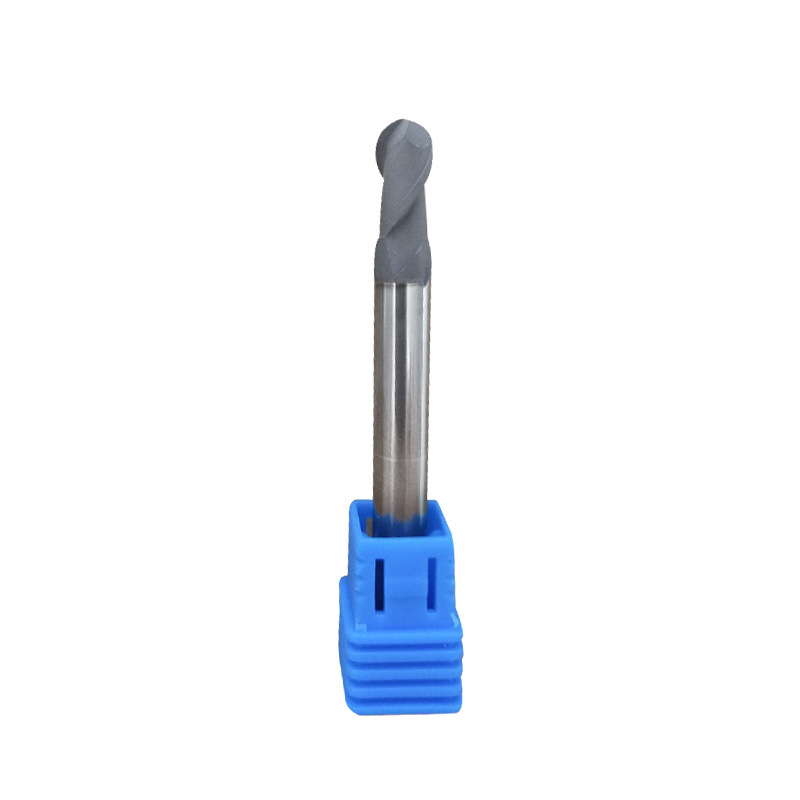
Diamond Coating Round Diamond Cutters
Product Information Origin Tianjing, China Series U Series Brand MSK Cutting Edge Form Helical Structure Ball Diameter (Mm) 3 Material Carbide Minimum Cutting Diameter At Th […]
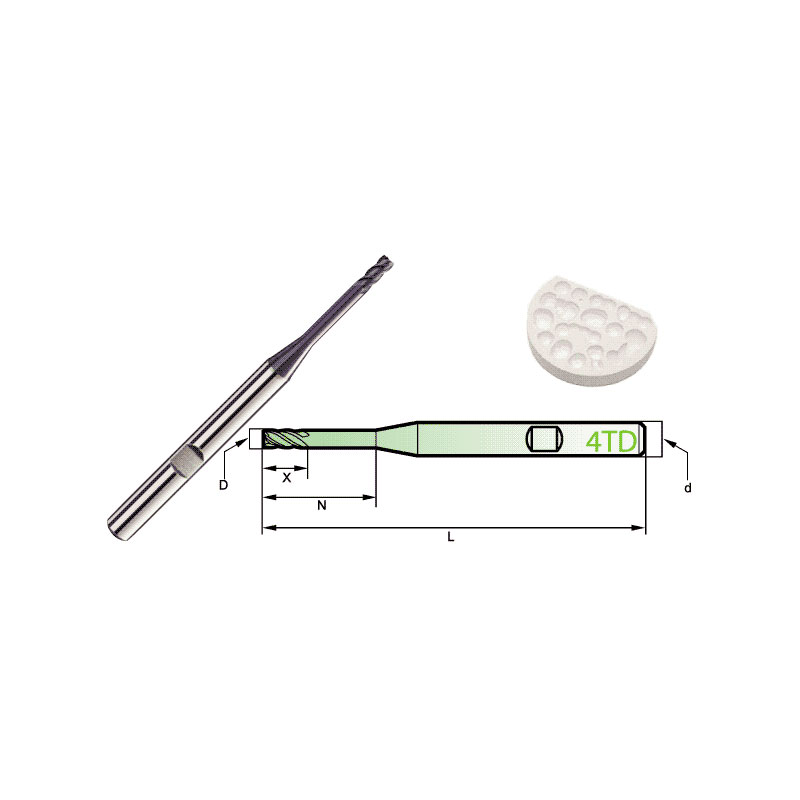
Carbide Roland CAD/CAM Burs
Product Information Origin Tianjing, China Brand MSK Number Of Blades 4 Product Name Dental Special 4-Blade End Mill Model D Number Of Blades Z X N L d 4TD2060HB 2 4 […]
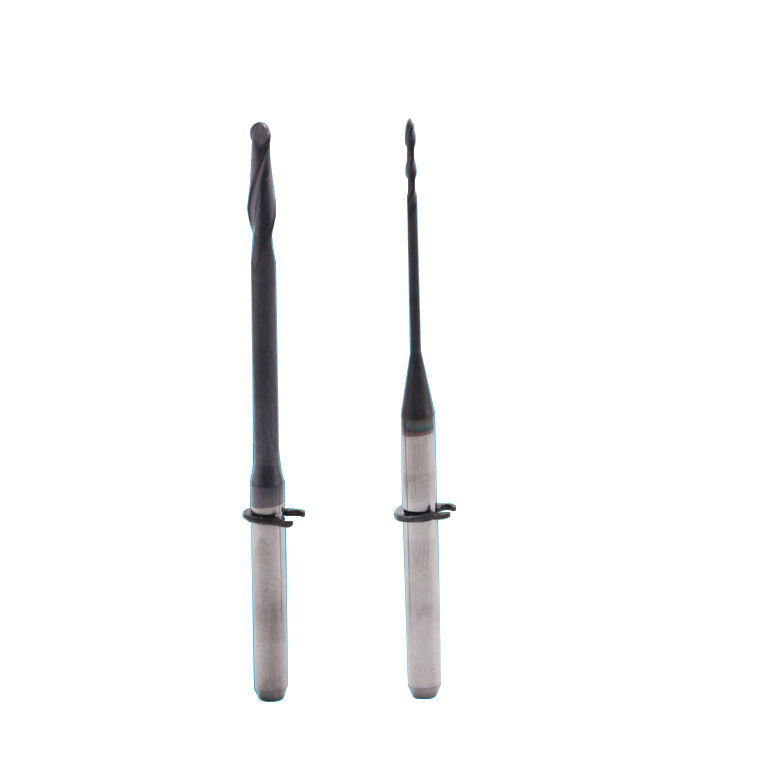
Dental CAD/CAM Milling Burs
Product Information Origin Tianjing, China Material Stainless Steel Brand MSK Applicable Machine Tools A Variety Of Options Custom Processing Yes Whether To Coat No Is It a […]
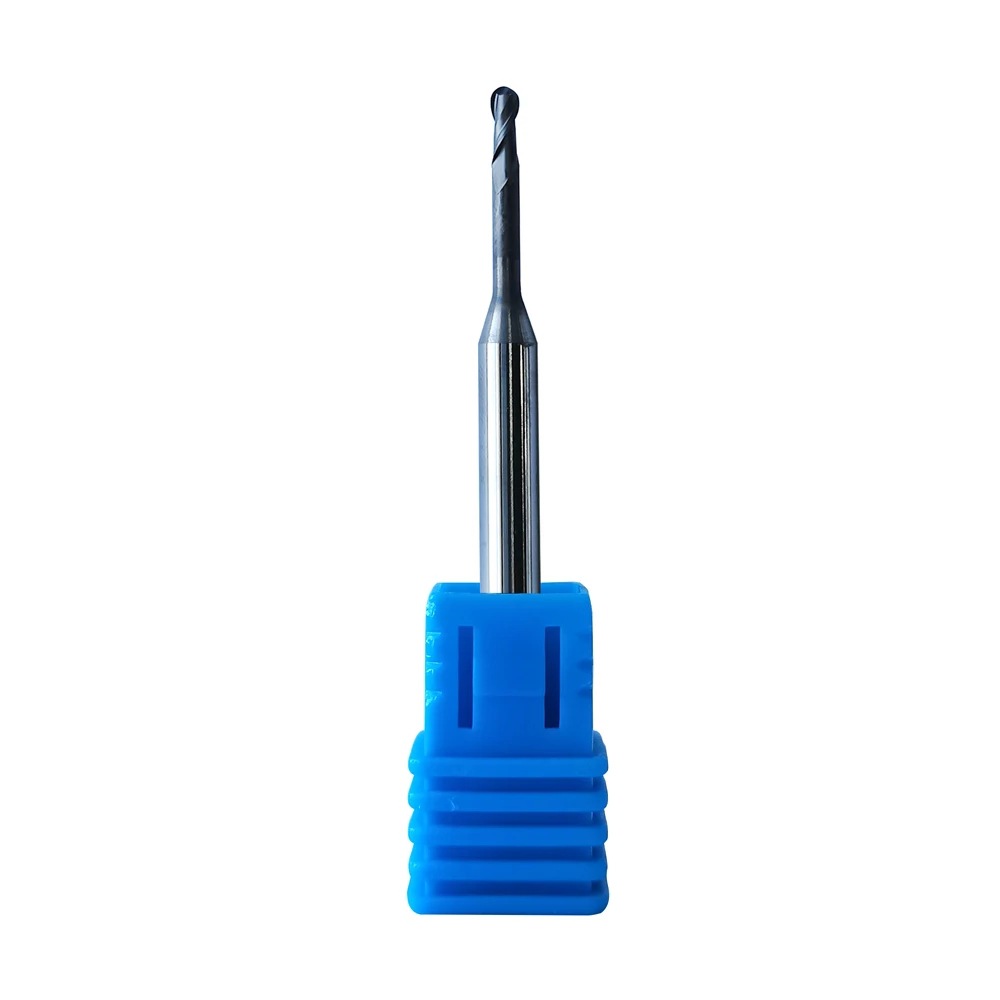
Supply Roland DLC Zirconia Burs
Product Information Origin Tianjing, China Series Dental Bur Brand MSK Cutting Edge Form 2 Blade/3 Blade Ball Diameter (Mm) 0.6, 1, 2 Material Very Fine Grained Cemented Car […]
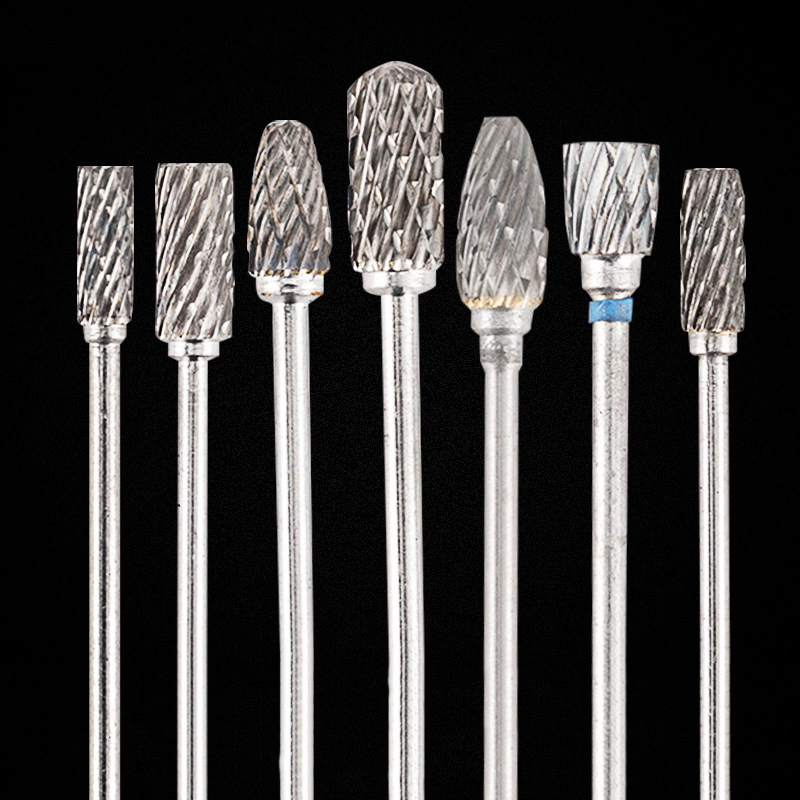
HP Deburring Carbide Burs
Product Information Brand MSK Material Tungsten Steel Model Grinding Head Custom Processing Yes Feature: The dental grinding head is made of tungsten steel with stabl […]
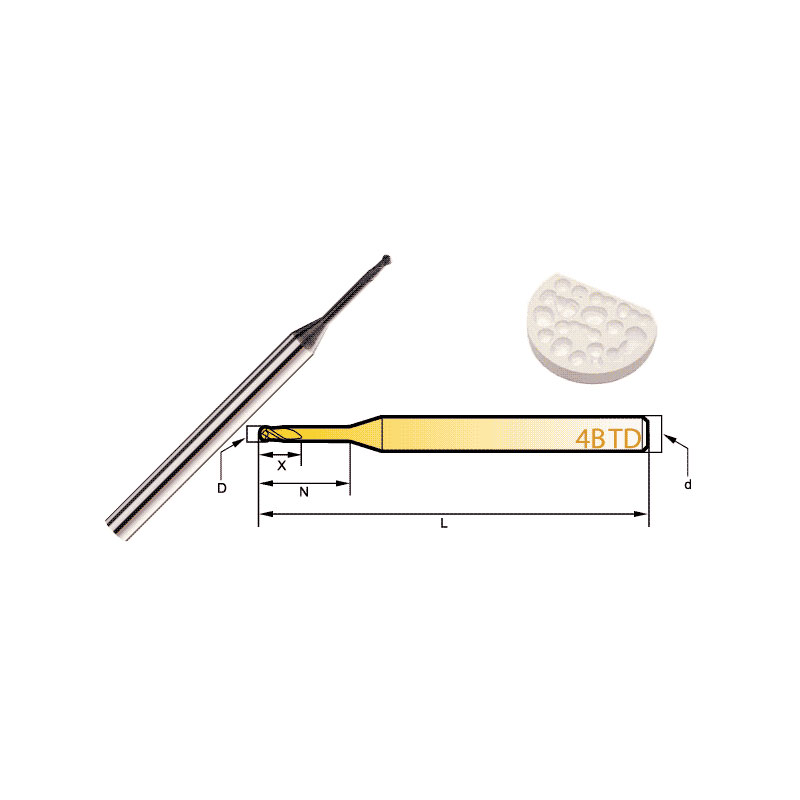
Diamond Bur Ball Round
Product Information Product Name Dental 4-Flute Ball End Mill Brand MSK Model D Number Of BladesZ X N L d 4BTD2060 2 4 6 6 50 3 4BTD2010 2 4 6 10 50 3 4BTD2016 2 4 6 […]
Post time: 2023-07-04
